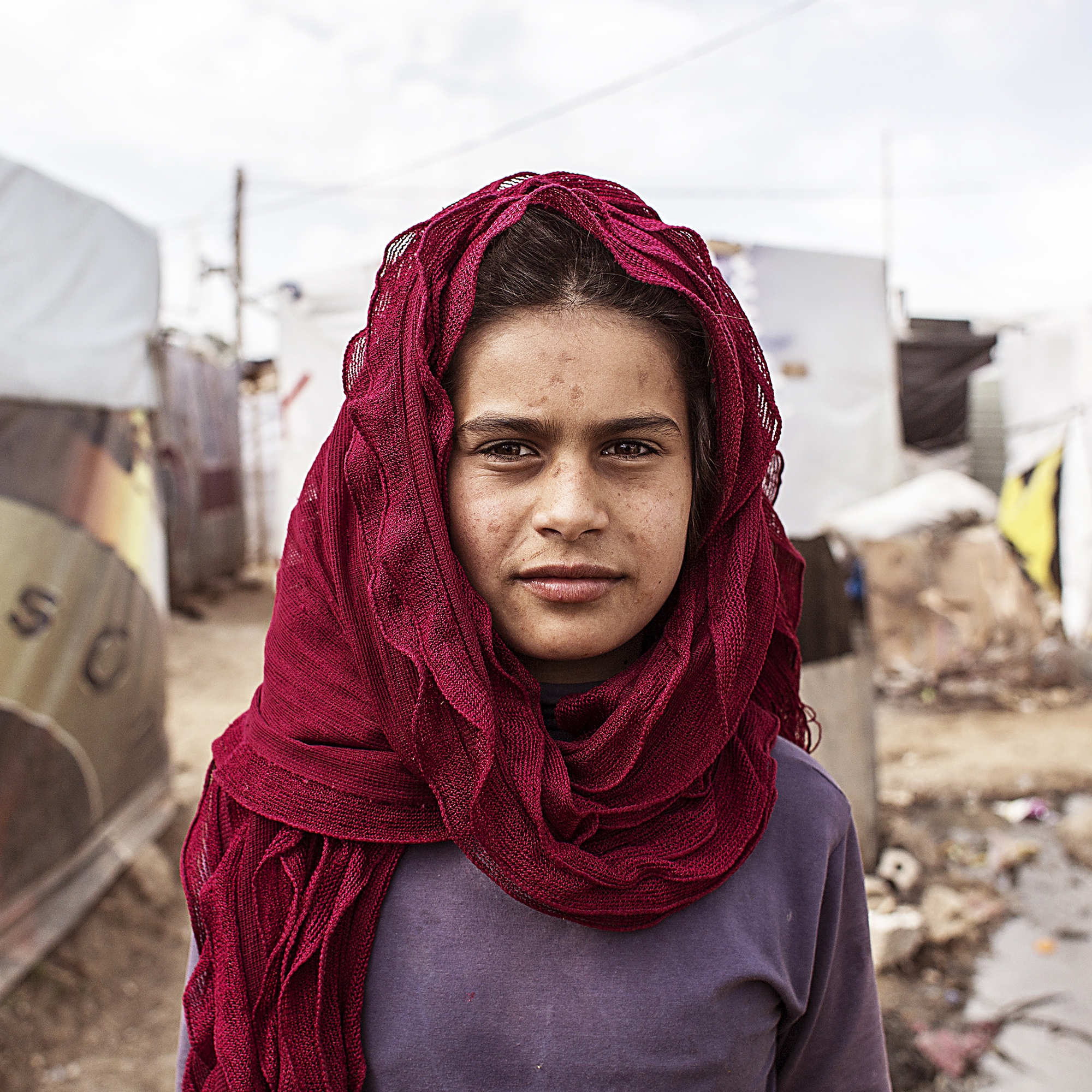
A 12-year-old Syrian girl, in the Anjar Refugee camp in Lebanon. Save the Children offers programs in the camp to help keep refugee children healthy, educated and safe.
Humanitarian Response
Every child deserves a childhood – no matter who they are and where they live
Yet today, the number of children in humanitarian need has skyrocketed more than 20% since 2022 – the result of both protracted and new conflicts, a global hunger crisis, and natural and climate change-driven disasters, including devastating earthquakes and massive flooding.
- 1 in 6 children live in a conflict zone.
- Over 150 million children around the world require urgent, critical humanitarian assistance to survive and thrive.
- 78.2 million school-aged children affected by crises are out-of-school.
- Girls affected by conflict are 20% more likely to marry as children than girls living outside of conflict settings.
U.S. global leadership and the U.S.’s long-standing commitment to humanitarian principles and values has never been more essential – for children’s futures and for U.S. foreign policy objectives on global peace, prosperity, and universal human rights.
We urge the U.S. government to put the needs of children living in crisis settings at the heart of U.S. foreign policy, funding, and diplomacy efforts.
- FUNDING: Provide robust humanitarian funding to the core humanitarian accounts at no less than: $5.27B for International Disaster Assistance (IDA) and, $5.2B for Migration and Refugee Assistance (MRA). Increases in funding for the humanitarian accounts should not come at the expense of other global health, global development, or poverty-focused accounts.
- PRINCIPLED HUMANITARIAN ACTION: Protect humanitarian principles, humanitarian space, and humanitarian access to children in need, and ensure counterterrorism efforts and political accountability tools do not impede humanitarian assistance or further drive humanitarian needs.
- EDUCATION IN EMERGENCIES: Prioritize safe, quality access to education for all children living in emergency settings in the first phase of the response. Education is a lifeline for children and cannot be delayed.
- Continue robust U.S. funding and political support for Education Cannot Wait, the global fund for education in emergencies.
- Call on the Administration to ensure critical education in emergencies interventions for internally displaced children and refugee children through U.S.-funded responses.
- MENTAL HEALTH AND PSYCHOSOCIAL SUPPORT: Co-sponsor the bipartisan and bicameral MINDS Act (S.767/ H.R. 1570) to ensure support for children impacted by crises with the immediate and long-term mental health and psychosocial interventions they need.
Thank you for signing up! Now, you’ll be among the first to know how Save the Children is responding to the most urgent needs of children, every day and in times of crisis—and how your support can make a difference. You may opt-out at any time by clicking "unsubscribe" at the bottom of any email.
By providing my mobile phone number, I agree to receive recurring text messages from Save the Children (48188) and phone calls with opportunities to donate and ways to engage in our mission to support children around the world. Text STOP to opt-out, HELP for info. Message & data rates may apply. View our Privacy Policy at savethechildren.org/privacy.